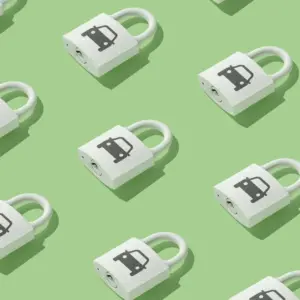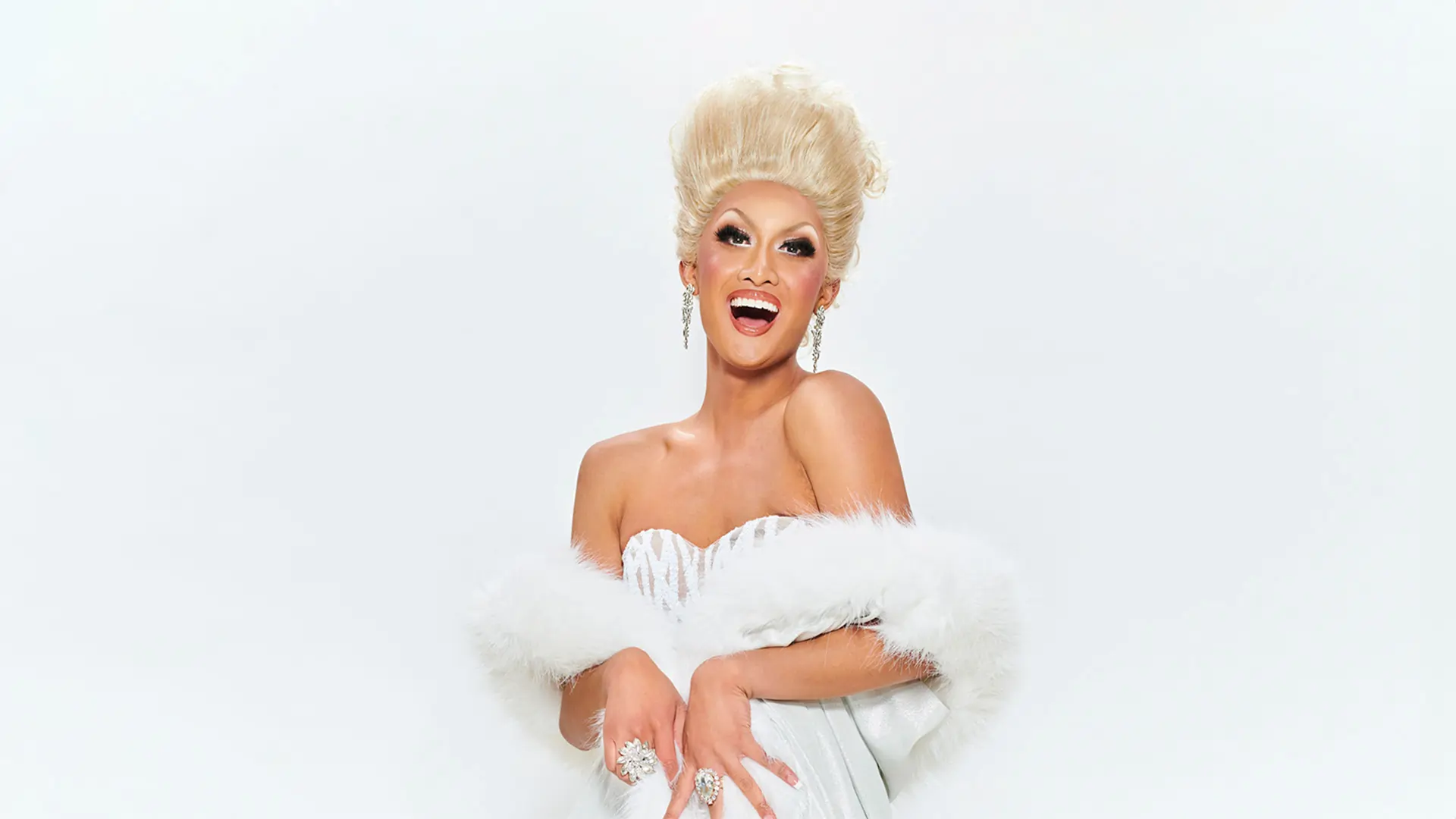Looking to make something that many people find boring, difficult and confusing lovable? Maybe add drag to your list of things to try.
It’s worked for Kyne, TikTok’s math teaching drag queen.
Born in the Philippines and raised in Kitchener, Ontario, Kyne began experimenting with makeup in high school and created a YouTube channel to share beauty tutorials. Along with a love of eyeliner and lipstick, Kyne adored math and earned a full scholarship to study it at the University of Waterloo.
Kyne began doing drag in university and was chosen to compete on season one of Canada’s Drag Race in 2020. While in previous years, Drag Race contestants would be touring to build off of the attention they gained from the show, during the pandemic that wasn’t an option. So Kyne decided to get creative and try something different by combining two of her passions.
She did a TikTok video on math all glammed up in full drag. It initially was just for kicks, but people enjoyed the content so she made another, and then another. Two years and a few hundred videos later, she now has more than 1.3 million followers on TikTok excited to learn about math concepts in a fun, entertaining and sparkly way.
We spoke with Kyne for Mitch Magazine about taking chances, thinking outside the box, breaking stereotypes and making STEM more inclusive and diverse.
Why do you love what you do?
I love talking about math and sharing my passion with others. I particularly love hearing from people that my videos started a conversation around the dinner table or the classroom.
What first attracted you to drag and what’s an important lesson you’ve learned from it?
I love music, glamour, rainbows and glitter. That’s all there is to it! I think we’d all be happier if we dressed the way we want, not the way others want.
After competing on season one of Canada’s Drag Race, you had to deal with a lot of online haters. How have you learned to stay positive when faced with negativity and bullying?
I ignore it as much as I can.
How did the idea to combine drag and math lessons on TikTok come about? Were you surprised by people’s reaction?
One day I downloaded TikTok and I thought that drag math videos would just be a funny little gimmick, to be honest. I’m shocked that so many people reached out saying they wanted to learn more about math with me.
Most people would have never thought to mix math and drag. Why is it important to be open to new ideas and not to dismiss something before even trying it?
All my best ideas were ideas that other people once called stupid. Whether it was wearing makeup as a boy, starting a YouTube channel and pretending to be a beauty guru or making videos about math dressed in drag. Always try that stupid idea, it just might work out.
You started making YouTube videos seven years ago about makeup, sewing, wig styling and more before starting your math series. Why is it important for you to share the knowledge that you’ve gained and the lessons you’ve learned?
My favourite part about drag is the craftsmanship. To make things yourself makes it feel so much more special. In a sense, that’s one of the great things about math too – to discover something on your own and to parse out the logic using your own brain is so rewarding.
Your videos are helping to break stereotypes and make STEM more inclusive and diverse. Why is this needed?
STEM has a long history of racism, sexism, colonialism and exclusion, and one way to repair it is to open it up to everyone so we can live in a more equitable world.
What would you like those in STEM-related fields – and people in general – to know about your videos and audience?
Girls and queer people are really enthusiastic about learning STEM. The thing that’s turning some of them off isn’t the subjects themselves, but the way they’re taught and represented by the media. There’s a reason why math textbooks are filled with pictures of white men as the great minds of mathematics and it’s because of the way parents, teachers and the media belittle girls and queer people and the way our institutions reject non-Western mathematics as inferior.
What’s your impression of insurance? Is there anything you’d like to see changed about it?
I think insurance companies are like casinos that operate by taking a large number of bets, but they are only interested in games where the odds are in their favour. For most of us, insurance is a losing game because the insurance company will do whatever it takes to wiggle out of paying any money. I’d like to see more transparency and less fine print. Less contracts that require a lawyer and a doctor to complete.
Making insurance easier to understand and fairer for everyone is something we 100% agree with!
Want to learn more about Kyne? You can find her website here.
We have a 4.8-star Google rating!
The latest from mitch blog





